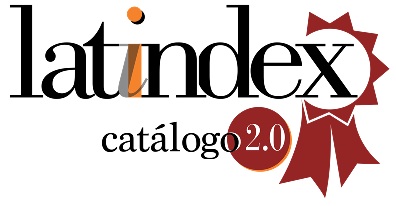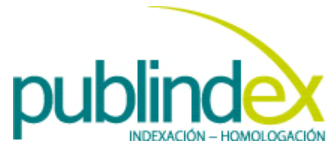Empoderando Futuros Líderes: Integrando RSE y Sostenibilidad en Educación Superior a Través de Participación en la Comunidad
DOI:
https://doi.org/10.5281/zenodo.14927638Palabras clave:
Responsabilidad Social Empresarial, aprendizaje con participación comunitaria, sostenibilidad, taller de ciencias, ODS, empoderamiento estudiantilResumen
Este trabajo introduce un proceso que apunta a empoderar estudiantes como ciudadanos globales responsables incorporando la Responsabilidad Social Empresarial (RSE) y la sostenibilidad en su educación a través de aprendizaje basado en participación comunitaria. Establecido a través de una colaboración entre un profesor universitario y el Corvinus Science Shop, un centro universitario para que la comunidad interactúe, esta iniciativa evolucionó de ser nueve semestres de una experiencia nivel-BA con múltiples socios comunitarios a un curso nivel-MA que ahora también incluye apoyo empresarial. Esta asociación enriquece la habilidad de los estudiantes de elaborar proyectos de RSE que puedan ser implementados por el socio comunitario, nutriendo el desarrollo de habilidades y fomentando actitudes positivas hacia problemas sociales complejos. El alineamiento de este curso con los Objetivos de Desarrollo Sostenible (ODS) y constante retroalimentación aseguran un impacto prolongado y relevante a la sostenibilidad global.
Descargas
Citas
Dewey, J. (1938), (1997 edition) Experience and Education, New York: Touchstone.
Elkington, J. (1997). Cannibals with Forks: The triple bottom line of 21st century business Mankato, MN: Capstone.
Freeman, R. E. 1(984). Strategic Management: A Stakeholder Approach; Pittman, Marshfield, MA
Howell, R. A. (2021). Engaging students in education for sustainable development: The benefits of active learning, reflective practices and flipped classroom pedagogies. Journal of Cleaner Production, 325, 129318.
Höffken, J., & Lazendic-Galloway, J. (2024). Engaging for the future: challenge-based learning and stakeholder partnerships in sustainability education. Sustainable Earth Reviews, 7(1), 20.
Kolb, A.Y. and Kolb, D.A. (2009a). “Experiential learning theory: A dynamic, holistic approach to management learning, education, and development”. In The SAGE handbook of management learning, education and development, Edited by: Armstrong , S.J. and Fukami , C.V. London : Sage .
Mezirow, J. (2018). Transformative learning theory. In Contemporary theories of learning (pp. 114-128). Routledge.
Rodríguez-Zurita, D., Jaya-Montalvo, M., Moreira-Arboleda, J., Raya-Diez, E., & Carrión-Mero, P. (2024). Sustainable development through service learning and community engagement in higher education: a systematic literature review. International Journal of Sustainability in Higher Education.
Schaltegger, S., Hörisch, J., & Freeman, R. E. (2019). Business cases for sustainability: A stakeholder theory perspective. Organization & Environment, 32(3), 191-212.
Schön , D. (1983). The reflective practitioner, New York: Basic Books .
Van Poeck, K., Östman, L., & Block, T. (2020). Opening up the black box of learning-by-doing in sustainability transitions. Environmental Innovation and Societal Transitions, 34, 298-310.
Watson, M. K., Pelkey, J., Noyes, C., & Rodgers, M. O. (2019). Using Kolb’s learning cycle to improve student sustainability knowledge. Sustainability, 11(17), 4602.
Zsóka, Á., & Ásványi, K. (2023). Transforming students’ behaviour preferences: achievable changes by a sustainability course. International Journal of Sustainability in Higher Education, 24(1), 141-159.























